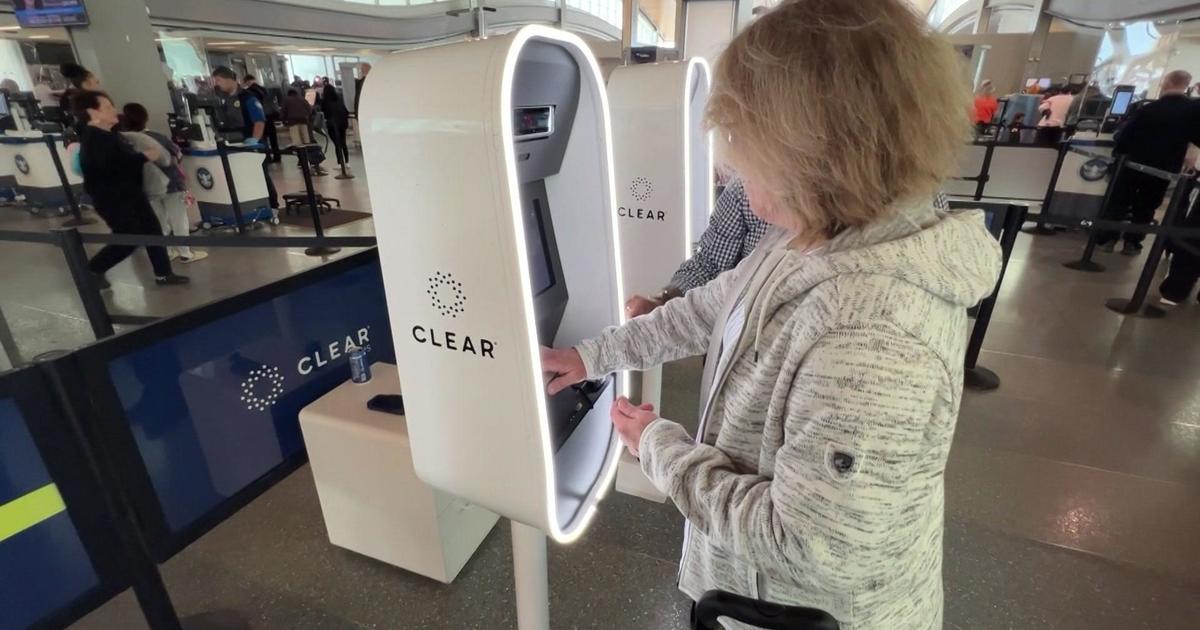Judges: Brown Must Fully Comply With Order To Reduce Prison Population
SACRAMENTO, Calif. (AP) — A panel of federal judges on Thursday rejected Gov. Jerry Brown's attempt to circumvent its long-standing order for reducing California's prison population, the latest step in an ongoing legal drama over how to improve inmates' medical and mental health care inmates.
Brown quickly announced that he will ask the courts to stay what he called an "unprecedented order to release almost 10,000 inmates by the end of this year." The governor already filed notice that he intends to appeal the latest order to the U.S. Supreme Court.
The judges stopped just short of citing the Democratic governor for contempt of court, but again threatened to do so if he does not immediately comply with their latest order.
The plan submitted by the Brown administration in May to further reduce the inmate population failed to meet the judges' mandate because it fell short of the court-ordered population cap by 2,300 inmates, the judges said in their 51-page order. That previous population reduction order has been upheld by the U.S. Supreme Court.
The judges reiterated in their sharply worded ruling that the governor must comply with the original order to reduce the population to 110,000 inmates by the end of the year. They ordered Brown to take all the steps he outlined in May, as well as one more step — the expansion of good-time credits leading to early release. Brown had offered that as an option, but it was not one he was willing to embrace.
The governor's plan for getting closer to the required level called for sending more inmates to firefighting camps, leasing cells at county jails, slowing the return of thousands of inmates now housed in private prisons in other states, increasing early release credits for nonviolent inmates and paroling elderly felons.
The judges ordered the administration to implement all the measures regardless of whether they conflict with state or local laws.
At issue is how far the state must go in reducing its inmate population to meet a previous court order to improve medical and mental health treatment. The courts have said that prison overcrowding is the main cause of care that fails to meet the constitutional guarantee against cruel and unusual punishment.
The order leaves Brown with no more excuses, said Don Specter, director of the nonprofit Prison Law Office and one of the lead attorneys representing inmates' welfare.
"The court's order is absolutely essential to maintaining prison conditions that protect prisoners from serious illness and death due to inadequate health care," Specter said. The court had no choice because Brown and Democrats who control the state Legislature were refusing to comply with its previous orders, he said.
However, the judges offered the state some flexibility in how it complies.
The administration can revise the expanded good-time credit program, so long as the changes still result in the required population reduction. It can also pick and choose among inmates, substituting those who are deemed less likely to commit new crimes for riskier convicts who would otherwise be released early. Or, it can pick any other measure that was previously on the administration's list of options.
But if the population goal is not met through other means by Dec. 31, "defendants shall release the necessary number of prisoners to reach that goal" by using a list of lower-risk inmates that the state has previously said it could develop.
Though Brown argues otherwise, the court has found that "there is no public safety issue" with the earlier releases, said Michael Bien, the lead attorney representing mentally ill inmates.
The state has reduced its prison population by more than 46,000 inmates since 2006, with more than half the decrease due to a 2-year-old state law that is sentencing lower-level criminals to county jails instead of state prisons. But the population remains about 9,400 inmates over the level required by the courts.
The state has said it can whittle the population further by the end of the year but would remain 2,300 inmates over the court-ordered number.
The administration said it is doing everything it can under California law, but that Brown's reluctantly adopted plan had little support from state lawmakers. Specter said Thursday's ruling removes that obstacle.
The judges warned Brown in April that he could no longer ignore its orders. They opted in their latest order not to cite Brown for contempt, though they said they would be well justified if they were to "institute contempt proceedings immediately."
They decided to delay a contempt citation until they see if the state complies with their new order. However, they warned that failing to comply now with the latest order "shall constitute an act of contempt."
Copyright 2013 The Associated Press.



